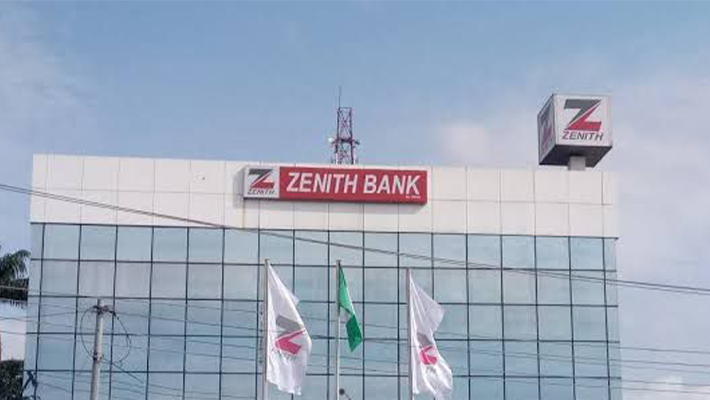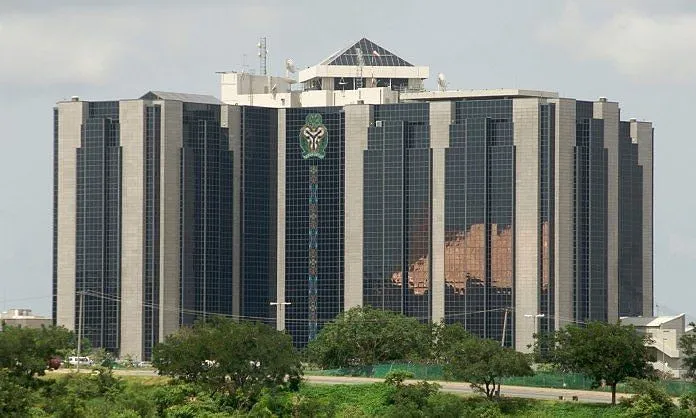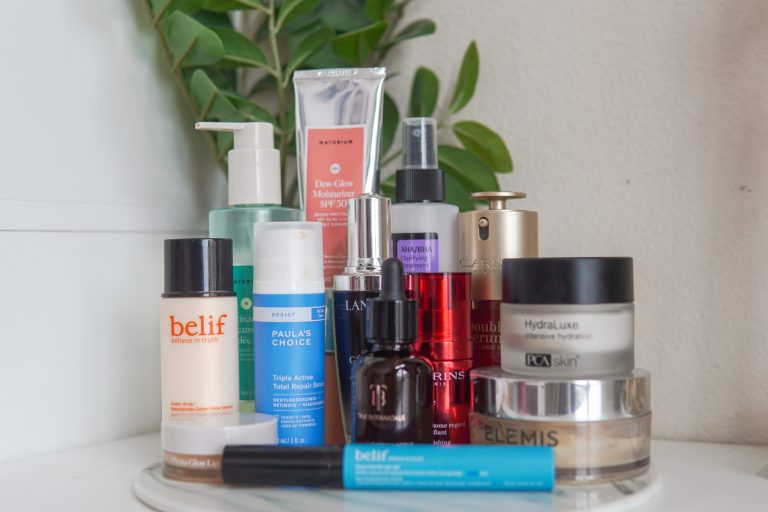What are the 22 Commercial Banks in Nigeria?
Money moves everything from small daily transactions to big business decisions, so picking the right bank matters. People want easy apps, quick customer support, wide ATM coverage, and a bank that feels safe. If you have ever tried to open a new account or choose a bank for your salary or business, you know how confusing the options can be. This guide gives you the official list of deposit money banks operating with commercial banking licences in Nigeria, plus practical tips for choosing the one that fits your needs.
Before we go into the list, a quick note. The Central Bank of Nigeria updates licence categories and names from time to time. A bank might keep the same brand you know, but its licence could change from international to national or regional.
List of Commercial Banks in Nigeria
Below is the official roll call of deposit money banks with commercial banking licences, grouped by licence type as published by the Central Bank of Nigeria on April 26, 2024. Licence types determine the geographic scope of operations and the minimum capital a bank must hold.
Commercial banking licence with international authorisation
- Access Bank Limited
- Fidelity Bank Plc
- First City Monument Bank Limited
- First Bank Nigeria Limited
- Guaranty Trust Bank Limited
- United Bank of Africa Plc
- Zenith Bank Plc

These seven operate with international authorisation, which allows cross-border operations through approved subsidiaries and branches. The names are familiar because they serve large retail bases and corporate clients across Africa and beyond.
Commercial banking licence with national authorisation
- Citibank Nigeria Limited
- Ecobank Nigeria Limited
- Heritage Bank Plc
- Globus Bank Limited
- Keystone Bank Limited
- Polaris Bank Limited
- Stanbic IBTC Bank Limited
- Standard Chartered Bank Limited
- Sterling Bank Limited
- Titan Trust Bank Limited
- Union Bank of Nigeria Plc
- Unity Bank Plc
- Wema Bank Plc
- PremiumTrust Bank Limited
- Optimus Bank Limited
Banks in this group are licensed to operate across Nigeria. You will recognise many of them for retail and SME banking, salary accounts, card services, trade finance, and a focus on digital channels.
Commercial banking licence with regional authorisation
- Providus Bank Limited
- Parallex Bank Limited
- SunTrust Bank Nigeria Limited
- Signature Bank Limited
Regional authorisation focuses a bank’s operations within specified geopolitical zones. These players often provide service in targeted locations and niche segments like payments, wealth for professionals, or SME working-capital solutions.
Why you may see different counts online
You might search for “22 commercial banks” and find older articles that stop at 22. The current CBN document lists 26 commercial banks when you include national and regional licensees. Lists that show only 22 are likely using an earlier snapshot or excluding the newer licence approvals. Always cross-check with the latest CBN circular.
What the licence types really mean
Banks operate under three broad commercial licence scopes:
- International authorisation
Allows a bank to run cross-border operations through regulated subsidiaries or branches. You will see larger capital bases, big corporate banking desks, and wide product ranges. - National authorisation
Allows operations across all states in Nigeria. These banks compete strongly in retail, SME, and corporate banking and often partner widely on payments and fintech rails. - Regional authorisation
Focuses activity within specific geopolitical zones. Regional banks can still offer full services but keep footprint and capital aligned with a more focused market.
These categories appear in official lists and drive the capital thresholds banks must meet under current recapitalisation. Licence scope can change over time when a bank grows or restructures.
How to choose the right bank for your needs
People value different things. Here is a simple way to size up your options:
- Daily ease
Check app stability, USSD reliability, and ATM network near your home and workplace. A great app saves time, and a solid USSD menu helps during low data or network issues. - Fees that match your usage
Compare maintenance charges, transfer fees, card fees, and SMS alerts. Small differences add up over a year. Many banks offer bundled accounts for students, salary earners, and SMEs. - SME and trade support
If you run a business, ask about invoice discounting, PO financing, asset finance, and trade services. Some banks specialise in supply-chain finance and can speed up your cash flow. - Customer support
Good support moves fast. Test the bank’s chat, call centre, and branch support. Look for clear escalation paths and dedicated business desks if you are an entrepreneur. - Safety and stability
All banks on the CBN list are regulated. Still, pay attention to capital plans and governance updates during this recapitalisation period, since rules run through 2026.
Are non-interest banks part of this list?
No. Non-interest banks like Jaiz Bank, TAJ Bank, LOTUS Bank, and The Alternative Bank are licensed separately under non-interest banking. They operate deposit accounts and financing products that comply with ethical, non-interest principles. Many consumers like the profit-sharing structure and the asset-backed feel of these products.
What is the difference between commercial and merchant banks?
Commercial banks handle retail and corporate deposits, payments, loans, and day-to-day banking. Merchant banks focus on wholesale and investment banking such as advisory, capital markets, and structured finance. Examples of merchant banks include Coronation Merchant Bank, FBN Merchant Bank, FSDH Merchant Bank, Greenwich Merchant Bank, Nova Merchant Bank, and Rand Merchant Bank.
Can the list change soon?
Yes. The CBN’s recapitalisation policy runs to March 2026, and banks are already raising fresh capital. You might see mergers, licence scope changes, or rebranding along the way. This is normal in banking cycles and is meant to strengthen the system.
Practical steps before you open an account
- Match account type to your lifestyle
If you receive many transfers, look for bundled accounts with lower per-transaction fees. Travelers should compare card foreign usage limits and FX processes. - Check service in your area
A great bank in Lagos might not have as many physical touchpoints in your town. Confirm branch and ATM availability where you live or work. - Test the app
Download the app and check onboarding, biometric login, transfer flow, and bill payments. A clunky app will waste time. - Ask about dispute resolution
Card chargebacks and failed transfers happen. Confirm turnaround times and how to escalate if a transaction hangs. - Plan for business growth
If you run a company, ask about POS settlement times, chargeback policies, and cash collection. Also review how quickly they process letters of credit and form M for imports.
Why the official list matters for you
Relying on an accurate list helps you avoid account opening with an unlicensed entity. It also clarifies what each bank is allowed to do. For example, a regional bank may offer great service in your zone but fewer branches elsewhere. A national bank covers the country. An international one can support cross-border needs. The Central Bank of Nigeria’s document is the source of truth on licensing and head-office locations, and it is the list most journalists and analysts cite when reporting on the sector.
Banking should not feel like a maze. Start with the official list, shortlist three banks that match your needs, and test their digital channels and support. If you move money across borders, look at the names with wide corporate reach. If you are a student, freelancer, or SME owner, compare fees and app experience. The good news is that choice has never been better, and competition is pushing banks to improve service every month. Just keep an eye on CBN updates during the recapitalisation drive, since banks may adjust licence scope or merge to meet the new capital rules.







